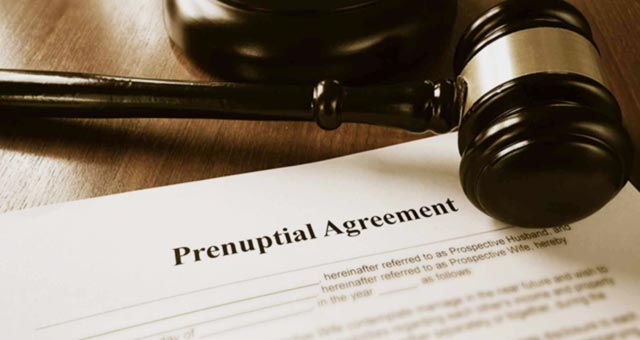When you and your partner get divorced, one of the main things you have to sort out is who gets what. And when it comes to splitting up marital property, there are a lot of factors that go into that decision. In many cases, there are no set rules about who gets what — it’s all up for grabs.
But according to Family Law Lawyers Melbourne , if both spouses own it together at any point during the marriage, then they both have an equal right to their joint ownership interest even after the divorce goes through.
Here’s a breakdown of how courts divide marital property in different situations:
If both spouses own property, it is considered marital property and will be divided according to state law. In some states , the court may consider the value of assets that either spouse acquired before the marriage or after separation, but not during the marriage. This includes inheritances and gifts received by one spouse only. Consult Family Law Lawyers Melbourne to get it done legally.
Marital property includes: income; real estate; personal property like cars, furniture and jewellery; stocks, bonds or other investments; debt (credit cards); retirement accounts; exclusive rights to intellectual property such as patents or copyrights.
If one spouse owned the home before the marriage and did not add the other spouse to the deed during the marriage, it is considered separate property and that spouse will likely keep it in a divorce. In this situation, it is unlikely that a court would divide this type of property because courts tend to leave the separate property alone.
Divorce is a very emotional experience, and it can be difficult to think clearly about how a judge will divide marital property in a divorce. How do you know what the judge will consider when dividing your assets? The answer is simple: you don’t.
When a judge divides marital property in a divorce, he or she usually considers factors such as each person’s age, financial situation, health, ability to earn an income and childcare responsibilities. This list isn’t exhaustive!
There are many other factors that may come into play depending on the circumstances of your case like property owned solely by one spouse (like an inheritance), separate bank accounts held solely by one spouse (like inheritance), gifts made after separation but before filing for divorce and even tax deductions claimed during marriage.
These factors can have an impact on how your settlement agreement is prepared based on their impact on both parties’ income levels and future earning potentials if applicable.
In the absence of a prenuptial agreement, married couples usually have equal rights to marital property.
In other words, any assets that you and your spouse have built up during the course of your marriage will be considered marital property. This can include assets such as:
- The house you live in
- Savings accounts
- Investment accounts and retirement plans
Conclusion
The law is clear that married couples are entitled to equal rights to marital property unless they have a prenuptial agreement that states otherwise. In the absence of such an agreement, the court will divide property equally between ex-spouses. Hire Family Law Lawyers Melbourne for more information.
The good news is that most divorces involve only one home and do not present issues about ownership. If you are in the process or considering filing for divorce, it is wise to consult with an attorney who can help ensure your interests are protected throughout this difficult time in your life.





